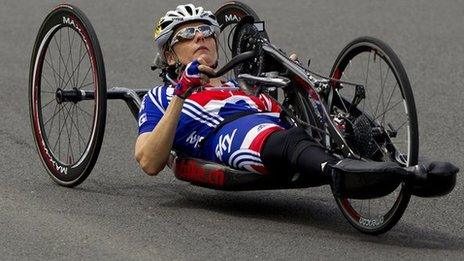Rio Paralympics 2016: Russia banned after losing appeal
- Published
Russian para-athletes banned after doping scandal
Rio Paralympics 2016 |
|---|
Dates: 7 September to 18 September |
Coverage: Live on Radio 5 live, live text commentary and reports on BBC Sport website |
Russia will not compete at next month’s Paralympics in Rio after losing an appeal against a ban imposed for state-sponsored doping.
The Court of Arbitration for Sport (Cas) upheld the International Paralympic Committee's (IPC) ban on all Russian competitors.
The IPC made the decision after the McLaren report detailed a Russian state-sponsored doping programme.
Russian Prime Minister Dmitry Medvedev described the decision as "cynical".
Medvedev said "certain leaders of the Paralympic movement" wanted to "squeeze out strong competitors", and he went on to call the decision "a blow to all people with disabilities, not just Russians".
The Cas panel, which plans to publish the full grounds for its decision later, said the IPC's decision to ban the entire Russian team "was proportionate in the circumstances".
It added that the Russian Paralympic Committee did not file any evidence contradicting the facts put forward by the IPC.
The Paralympics begin on 7 September.
Paralympic stance differs from Olympics
The IPC's decision is in contrast to that of the International Olympic Committee (IOC), which chose not to hand Russia a blanket ban from the Olympic Games.
The IOC was widely criticised for ignoring the World Anti-Doping Agency (Wada) recommendation to ban Russia.
Instead, each individual sporting federation was given the power to decide if Russian competitors were allowed to compete. A three-person IOC panel then had the final say.
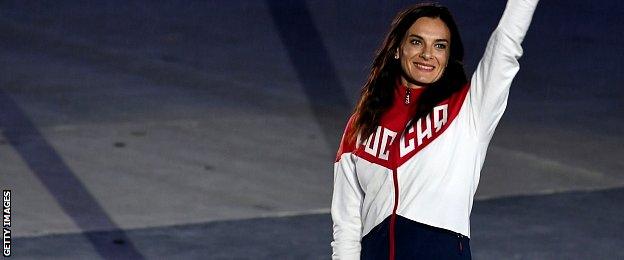
Pole vaulter Yelena Isinbayeva did not compete at the Olympics as Russia's athletics team was banned
In the end, more than 270 Russian athletes were cleared to compete at the Olympics, with Russia winning 56 medals in total and finishing in fourth place in the medal table.
Russia had been set to take 267 competitors across 18 sports to the Paralympics. The Cas statement added that it had not looked at the "natural justice rights or personality rights" of individual Russian athletes in making its decision.
Russia's Paralympic team's lawyer, Alexei Karpenko, confirmed the decision was final, saying they would try to file an appeal with the Swiss Federal Supreme Court, but it would take between one and two years for the court to consider the case.
"So I'm afraid Russian Paralympians will not be going to the Games in any case," Karpenko added.
IPC 'hopes this decision acts as a catalyst for change in Russia'
IPC president Sir Philip Craven, who has described Russia's anti-doping system as "broken, corrupted and entirely compromised", and claimed it put "medals over morals", said he was "greatly encouraged" by the Cas decision.
He said it was "not a day for celebration", adding: "We have enormous sympathy for the Russian athletes who will now miss out."
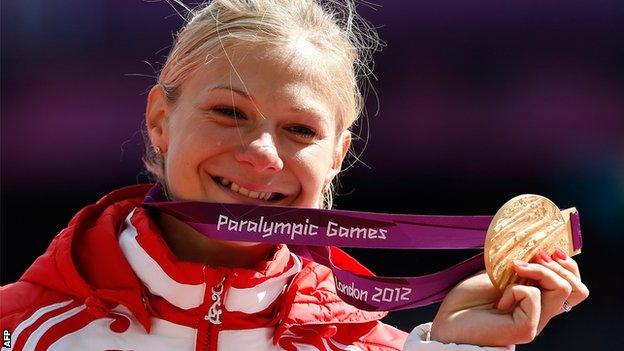
Margarita Goncharova, a three-time Paralympic gold medallist in athletics, is among the Russians who will miss out on competing in Rio
"It is a sad day for the Paralympic movement," said Craven. "But we hope also a new beginning. We hope this decision acts as a catalyst for change in Russia and we can welcome the Russian Paralympic Committee back as a member safe in the knowledge that it is fulfilling its obligations to ensure fair competition for all."
Russian sports minister Vitaly Mutko said the ban was "political" and "not within legal framework", while lawyer Karpenko called it a "black day for the sports judiciary".
He said: "I can only express huge disappointment at the ruling. The rights of Russian Paralympians have been blatantly violated.
"Regardless of whether the Russian Paralympics Committee is guilty of the charges, punishing innocent athletes and not allowing them to defend themselves - which was an opportunity afforded to the Russian Olympics athletes - this is a flagrant violation of human rights."
Meanwhile, Dmitry Svishchev, the head of Russia's parliamentary sports committee, described the Cas decision as "an inhumane act".
Speaking to the state-owned Tass news agency, he added: "[Cas has shown] an unprecedented impudence and lack of principle. How is it possible to bar the people who with their courage have earned the right to a proper life from the Games?
"Whatever this court is called, it is an inhumane court. One can punish officials, coaches, but by no means should athletes be punished: when looking at what they do in spite of hardships and strain, one wants to pull off their hat. Such people should only be respected."
Why was Russia banned?
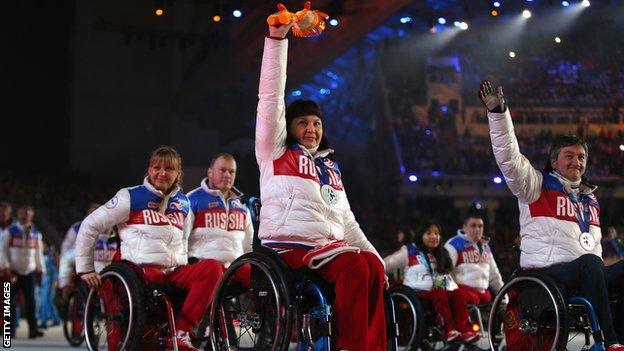
Russia won 80 medals, including 30 gold, at the Sochi 2014 Winter Paralympics - the most in a single Winter Paralympics
Richard McLaren, a Canadian law professor, published a Wada independent report that found Russia's sports ministry manipulated urine samples provided by its athletes between 2011 and 2015.
The report identified 27 samples relating to eight Para-sports, five of which are summer sports, including some governed by the IPC.
The IPC also found evidence that samples were swapped during the Sochi 2014 Paralympic Games, adding that it planned to reanalyse every Russian sample given at the event.
Athletes' reaction
Oksana Savchenko, eight-time Russian Paralympic champion
"Yesterday evening the mood seemed to be positive. Everyone thought that everything had gone well, everyone thought that our guys would finally go.
"Many received the equipment yesterday already and now there is this decision, which actually is shocking.
"And partly, yes, perhaps that is the reason why we have not been allowed - [because] we are a leading team, which shows great results, gets most medals and constantly brings fame to our country."
Roman Petushkov, six-time Russian Paralympic champion
"We all are shocked, of course - we all are depressed. Guys still don't know - they are practising right now. This is inhumane treatment. This is humiliation. Such treatment of people with disabilities is... there are no words. Simply, we have been [trodden] to pieces."
Karen Pickering, four-time British Olympic athlete and four-time world champion
"Hats off to the IPC for making a very strong stand - Cas did the right thing by upholding it. I think it's a shame that the IOC didn't do the same because there is a real appetite right now amongst athletes that we don't want any former drug cheats in the Olympic Games.
"I believe that if an athlete cheats you sanction them, if a team cheats you sanction them and if a country cheats you sanction them. That means that Russia should not have been competing in Rio, and I think there are a number of athletes who can say 'I should have been on the medal podium'."
Paralympics going ahead despite major cuts
The Paralympics are going ahead as planned, but face major budget cuts as Rio's organising committee has not raised enough to fund the event because of Brazil's struggling economy and poor ticket sales.
Cuts will affect venues, workforce and transport. Delayed travel grants will now be paid to athletes, but 10 countries may struggle to get teams to Rio.
- Published23 August 2016
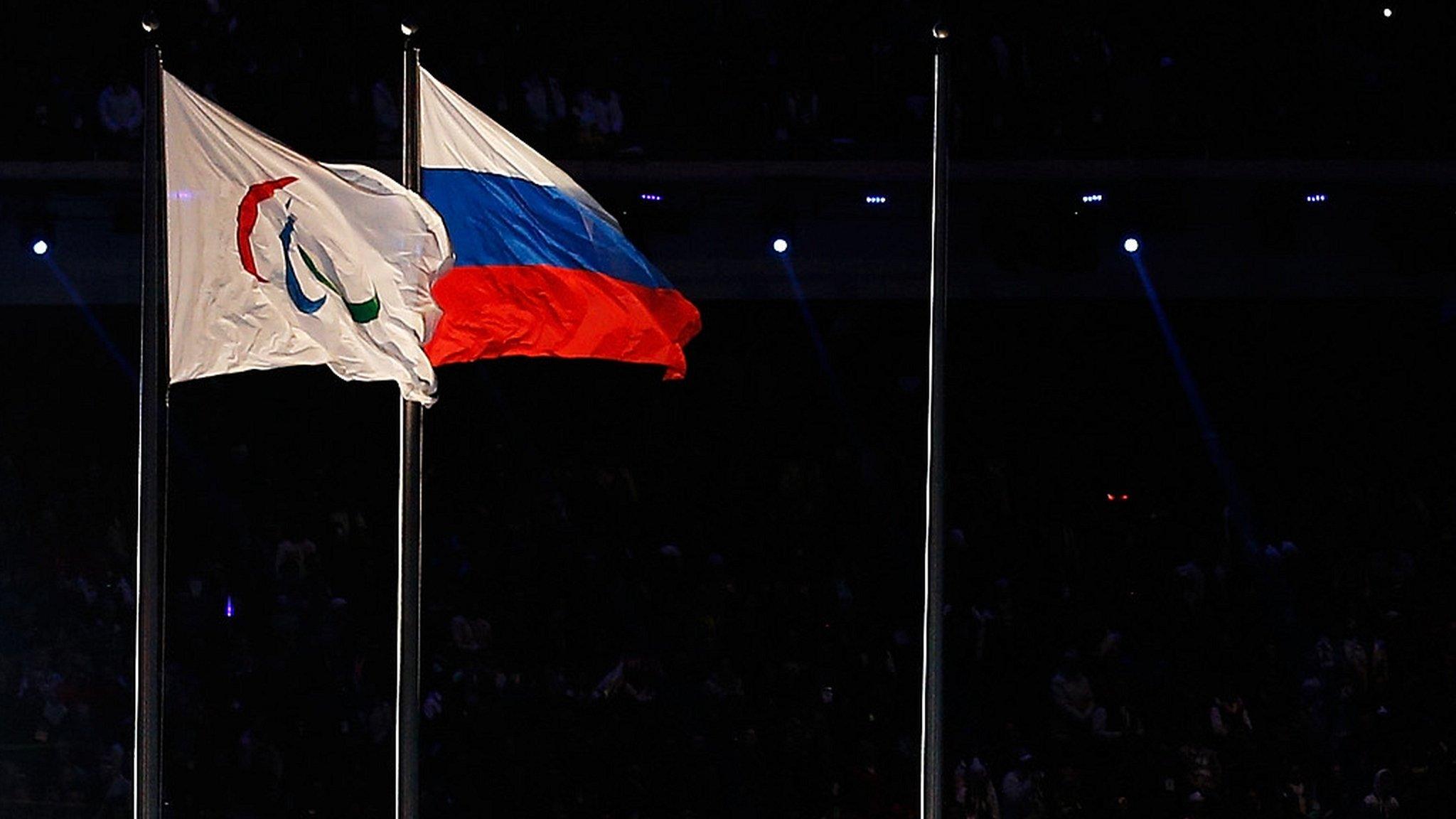
- Attribution
- Published23 August 2016

- Published12 August 2016
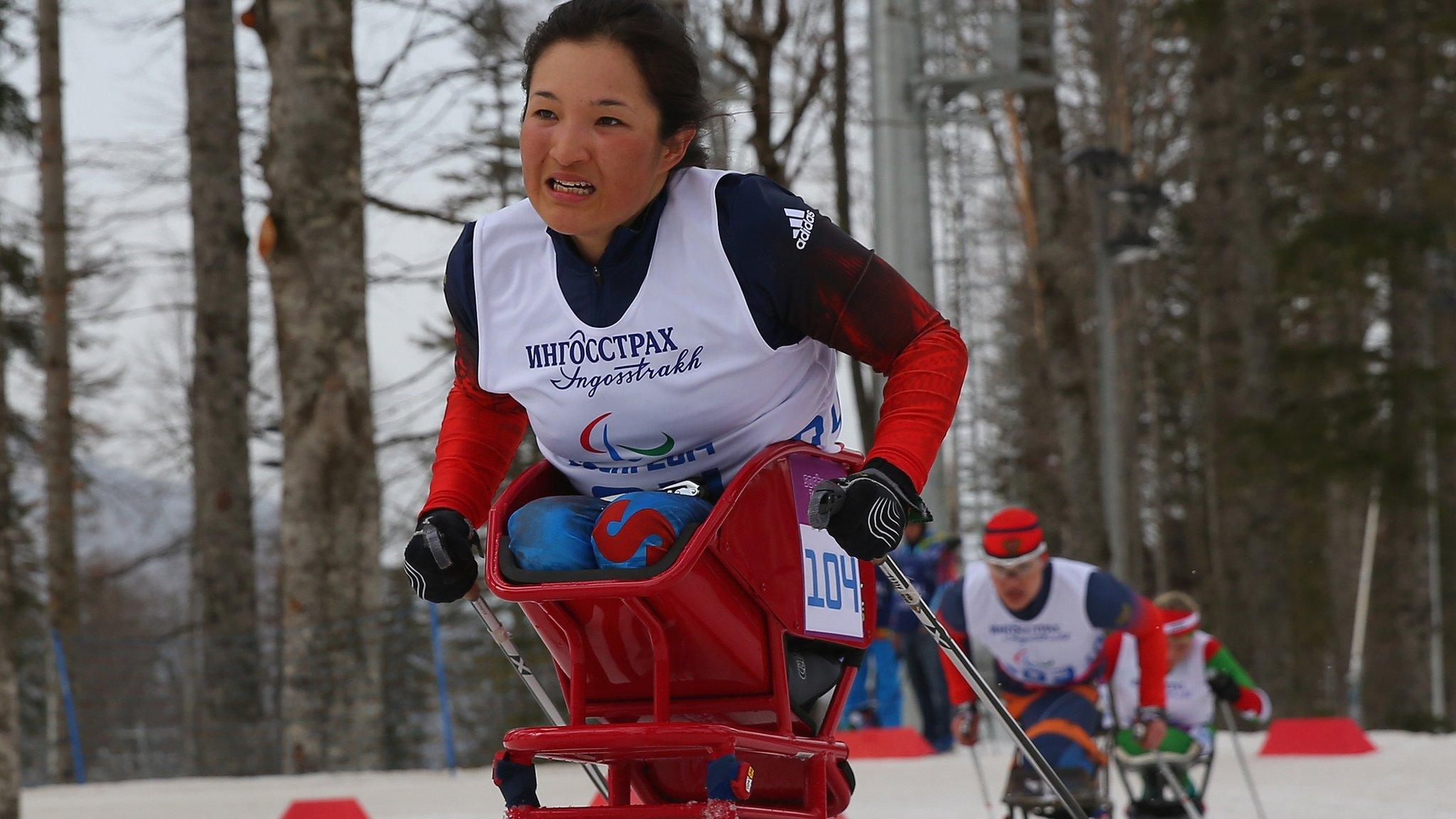
- Published21 August 2016
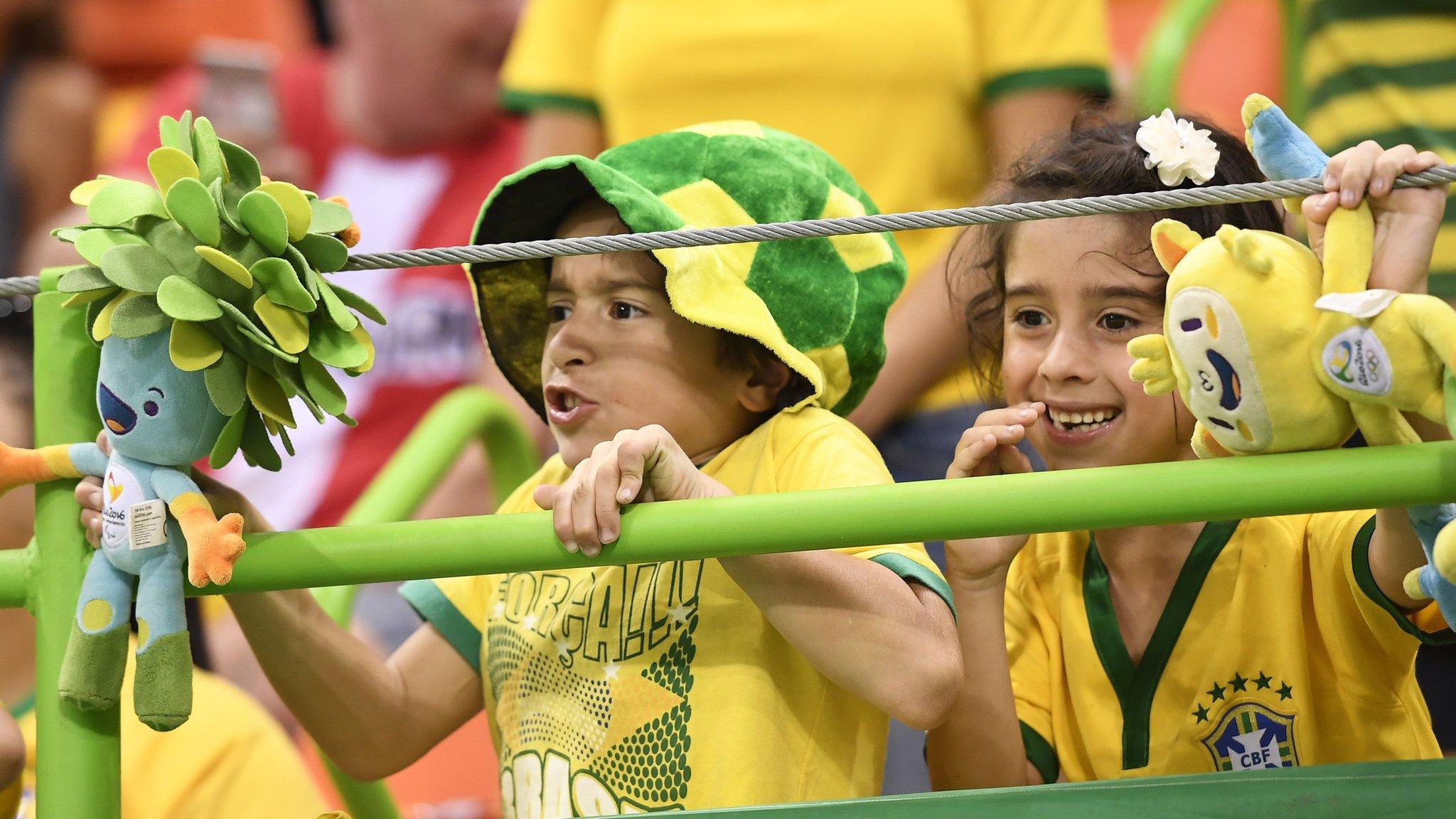
- Published20 August 2016
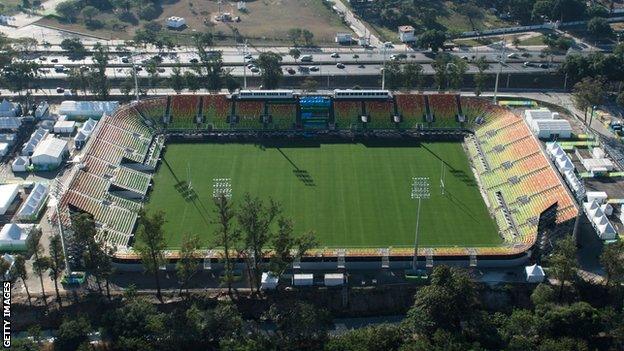
- Published17 August 2016
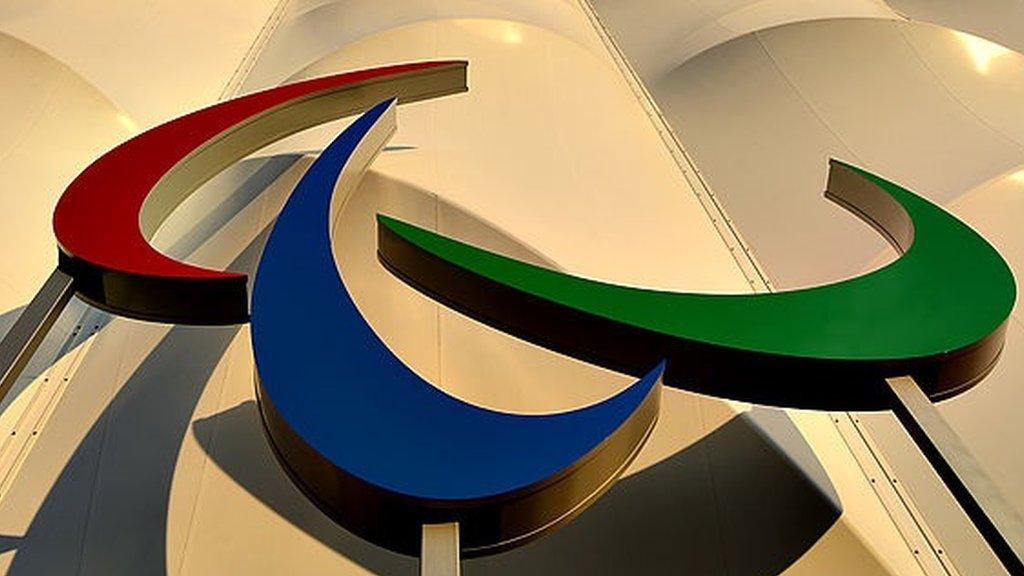
- Published23 August 2016
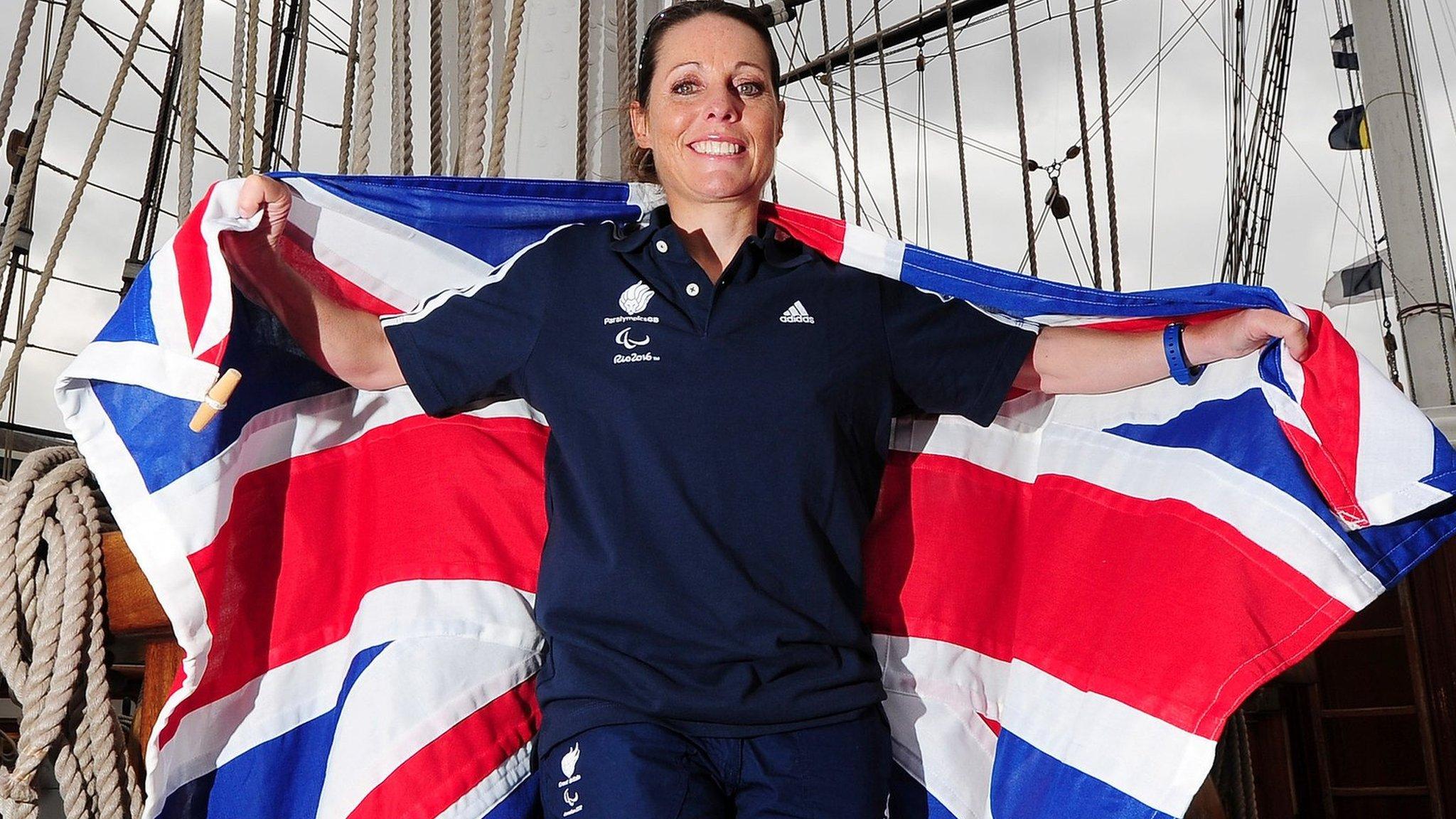
- Published5 September 2016
